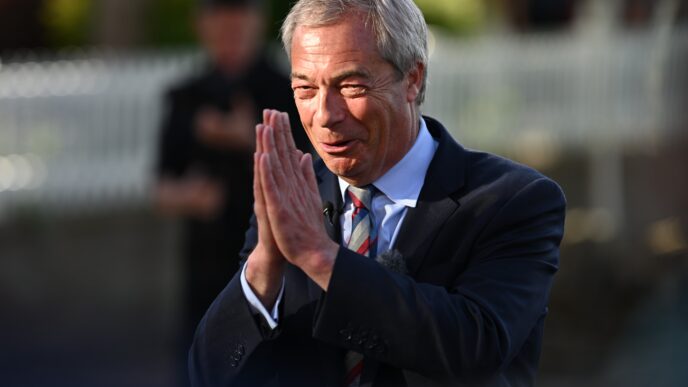In a major shift in its green energy ambitions, the UK government has reportedly dropped its support for a massive undersea energy project that aimed to transport solar and wind power from Morocco to the UK. The project, once seen as a bold step toward clean energy security, has now been shelved as the country reassesses its infrastructure priorities and investment focus.
What Was the Project?
The proposed project involved building a 3,800 km (2,360 mile) high-voltage undersea cable stretching from the Moroccan desert to the southwest coast of England. It aimed to supply up to 8% of the UK’s electricity needs by importing solar and wind energy from North Africa — positioning the UK as a global pioneer in cross-border renewable transmission.
Why It Was Canceled
- Cost Overruns and Funding Concerns
Estimates for the project soared past £20 billion, raising questions about feasibility and return on investment. With inflation and tight budgets, the government was reluctant to commit public backing. - Regulatory and Technical Barriers
The scale of the infrastructure required — from transcontinental cabling to complex power balancing systems — created hurdles that the UK was not prepared to navigate under current timelines. - Shift Toward Domestic Energy Independence
Officials are now focusing on boosting homegrown renewables such as offshore wind, nuclear, and battery storage, aiming to strengthen energy independence amid rising geopolitical tensions.
Industry and Public Reaction
While some environmental groups have praised the decision to refocus on local energy development, others criticize the move as short-sighted, arguing that the Morocco project could have provided stable, clean power at scale with long-term climate benefits.
What’s Next for UK Energy Policy?
- Increased Offshore Wind Expansion
The government plans to accelerate offshore wind projects in the North Sea, aiming to meet its 2030 energy goals. - Investment in Grid Modernization
Rather than long-distance imports, the UK is now looking to modernize its national grid to handle distributed energy production. - New Partnerships Closer to Home
Future energy imports may come from Europe, where cross-border regulations are already established.
Final Thought
The cancellation of the UK–Morocco energy cable reflects a pragmatic pivot toward national resilience and energy independence. While the vision of importing desert sun power may be on hold, Britain’s climate goals will now depend on how fast — and how well — it can harness its own natural resources.















